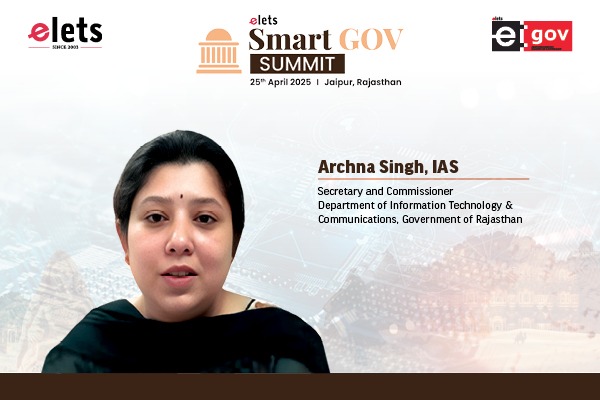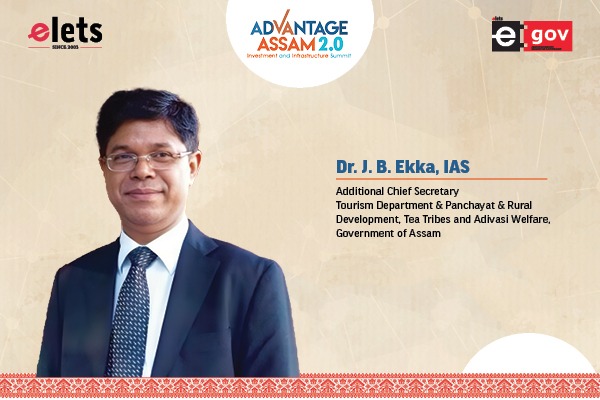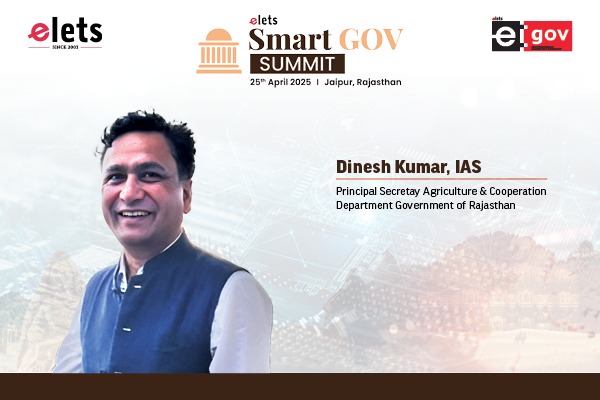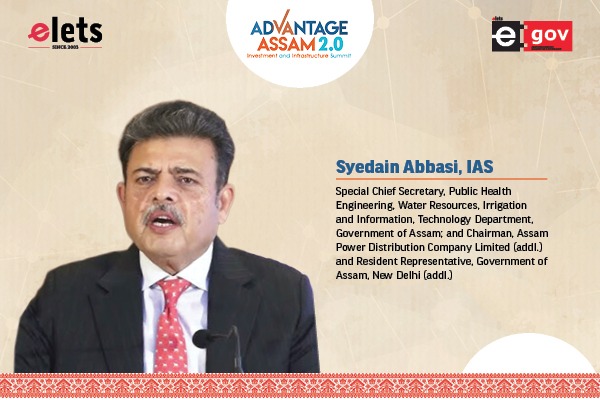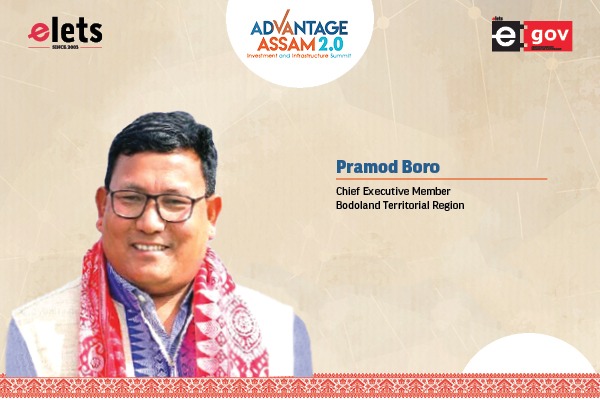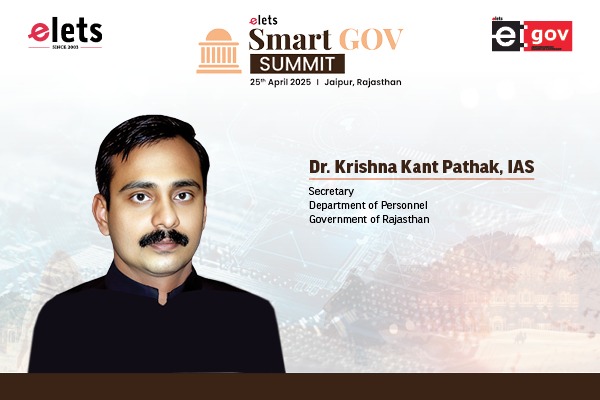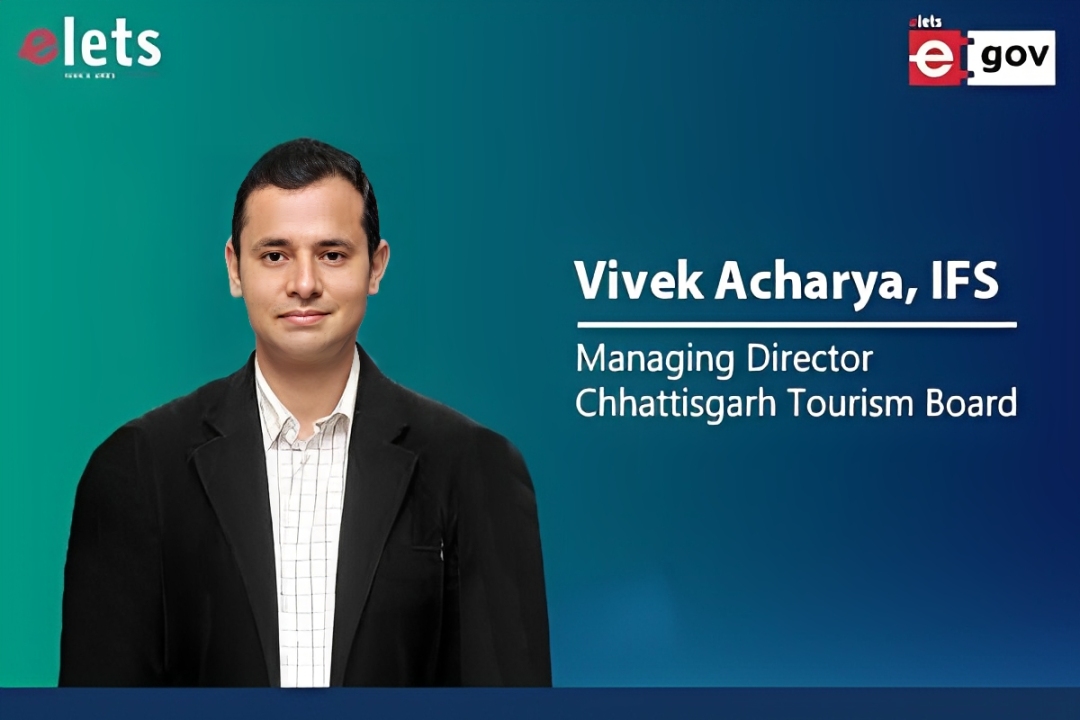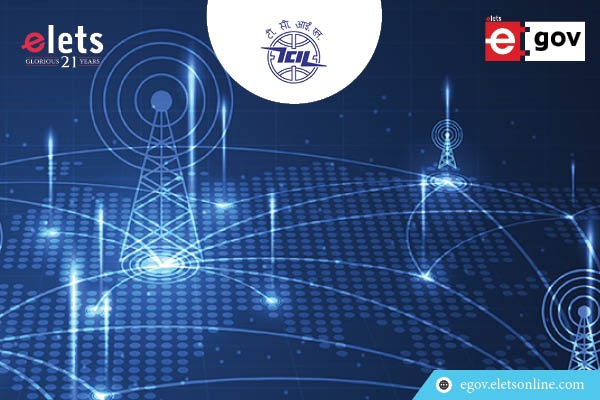
Our visionary leader and Hon’ble Prime Minister Shri Narendra Modi have emphasized on adoption of IT and Technology in all spheres of lives including day-to-day functioning of government and its service delivery to the citizen of the nation. India has also been leading from front in the area of IT services by acting as global outsourcing hub for multinational companies catering to the IT and technological needs.
IT interventions and advancement in Telecom technologies has been adopted and leveraged through various government initiatives and promotions resulting in rapid and visible social and economic development in India. Lot has been done and still there are plethora of areas wherein strategic initiatives can drive growth and improve quality of life.

Some key areas to focus on are Digital & Financial Inclusion, E-Governance, Education & Skill Development, Healthcare Agricultural Innovation, Entrepreneurship and Startup, Smart Cities and Infrastructure,Public Awareness & Community Engagement to name a few.

Digital Inclusion: Due to adoption obstacles and low penetration, digital inclusion has remained elusive. Although programs like National Optical Fibre Network (NOFN), BharatNet, and most recently, affordable mobile telephony, have made significant progress in closing this gap, more work remains. In order to provide citizens with services that are both cost- effective in terms of delivery and consumption, technology needs to be integrated and converged at the village level. Programs like Digital Village, Digital Choupal, and others are excellent examples to emulate and improve. Access to these digital services may be improved by government initiatives like PLI initiatives and technological improvements that offer affordable smartphones and tablets.

E-Governance: By creating unified online platforms for government services with streamlined procedures, less corruption, and enhanced transparency, e-government services should be extended to offer digital services that will benefit the socioeconomic growth of citizens with lower incomes. The government may support and emulate social projects like Haqdarshak as examples for socioeconomic inclusion. One of the main priorities of the digital transformation and adoption plan should be creating user- friendly mobile applications for accessing healthcare, education, and government services.

Education, Skill Development and Healthcare access can be greatly enhanced thus solving the acute problem of qualified teachers and doctors along with structured and quality focussed courses and diagnosis/ treatment process.
E-Learning Platforms can be utilized to provide remote learning resources, especially in rural areas to provide school and university curriculum along with job- oriented Skill Training Programs. This shall uplift people out of poverty by kicking start their entrepreneurship journey and to prepare the workforce for the digital economy. There have been several such initiatives by startups in Telemedicine and Healthcare. However, the government needs to play its part for making such services universal and inclusive. Expanding telehealth services to provide medical consultations and support in remote areas along with development of mobile applications for tracking health metrics, booking appointments, and accessing medical information across platforms is a pertinent need for efficient medical service delivery.
Agriculture: By effectively utilizing data analytics, the Internet of Things, and mobile applications to provide farmers access to real-time information on weather, market pricing, and best practices, agricultural output may be significantly increased, opening the way for the next Green Revolution. Kishan Call Center and Apps in this respect can be upgraded keeping in step with the technology innovation. Moreover, agricultural supply chain management may be improved significantly, resulting in less waste and a direct connection between farmers and customers, cutting out middlemen.
Entrepreneurship and Startups can be greatly supported by establishing incubators and accelerators that leverage technology to support new businesses. These incubators and accelerators need to digitally mentored and managed by industrial leaders and experts.
With the advent of IoT, NB-IoT, 5G, AL/ ML, Cloud Computing, Blockchain can lead to efficient and fully automated Industry 4.0 and Smart Cities Infrastructure. IoT and data analytics can enhance city management, traffic control, and resource distribution and for implementing smart solutions for waste management, energy efficiency, and public safety.
Significant boost in Financial Inclusion happened after Jan Dhan, Digital Wallets and UPI. Significant steps need to be taken for safe cashless transactions through UPI and mobile wallets to include unbanked populations while protecting them from cyber thefts and scams. Technology can further be Leveraged to provide financial products tailored to the needs of low- income communities.
Last but not the least. Public Awareness and Community Engagement can be adopted through Digital Literacy Campaigns, thus promoting digital literacy to ensure that all citizens can effectively use technology. Moreover, Community Feedback Systems can be utilized to gather feedback from citizens on government initiatives and services thus giving right feedback and indications to government on the success/ drawbacks of government initiatives.
Thus, it is clear that telecom and IT have had a significant positive impact on India’s socioeconomic growth. Since technology is developing and changing quickly, the excellent work should continue, and telecom and IT should be strategically used to boost the social and economic development of the general public and promote an environment that is inclusive, inventive, and sustainable for growth. To achieve these objectives, cooperation between the public and corporate sectors as well as civil society is essential. In conclusion, we can state that although Digital India (Urban) has been successful, Digital Bharat (Rural) has to be moved as well since Rural Bharat is where the real India is found.
Bridging the Gap Between Urban and Rural India
TCIL’s efforts are particularly significant in the context of Digital Bharat—a vision to ensure that the benefits of digital transformation extend beyond cities to every village. While Digital India has successfully brought technology to urban centers, Digital Bharat remains a work in progress, with rural areas still catching up. TCIL’s commitment to building digital infrastructure in these regions is crucial for bringing about a truly inclusive digital revolution.
Programs like Digital Village and Digital Choupal, where TCIL can play a key role, exemplify the potential of technology to transform rural life. These initiatives provide digital access points for services like e-banking, online education, and government schemes, allowing rural populations to participate more fully in the digital economy. TCIL’s commitment in expanding these programs ensures that rural India is not left behind as the nation progresses.
A Future-Ready India with TCIL
As India advances towards a more connected, innovative, and equitable society, the role of TCIL as a catalyst for change cannot be overstated. The company’s ability to bridge technological divides, empower communities, and enhance government efficiency makes it an indispensable partner in the nation’s growth story. Through its focus on integrating IT and telecom solutions into the fabric of everyday life, TCIL is helping India reach its full potential, ensuring that progress is shared by all.
With a vision to continue pushing boundaries, TCIL remains committed to leveraging the power of technology for the social and economic upliftment of India. In doing so, it is not only driving growth but also shaping a future where every citizen has the tools and opportunities they need to thrive. As the digital era unfolds, TCIL stands as a beacon of how government enterprises can lead the way in creating an inclusive, innovative, and prosperous India
Views expressed by Manish Agarwal, AGM, TCIL
Be a part of Elets Collaborative Initiatives. Join Us for Upcoming Events and explore business opportunities. Like us on Facebook , connect with us on LinkedIn and follow us on Twitter, Instagram.
"Exciting news! Elets technomedia is now on WhatsApp Channels Subscribe today by clicking the link and stay updated with the latest insights!" Click here!




